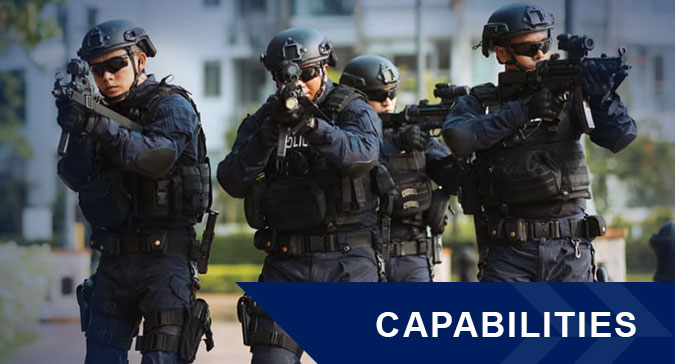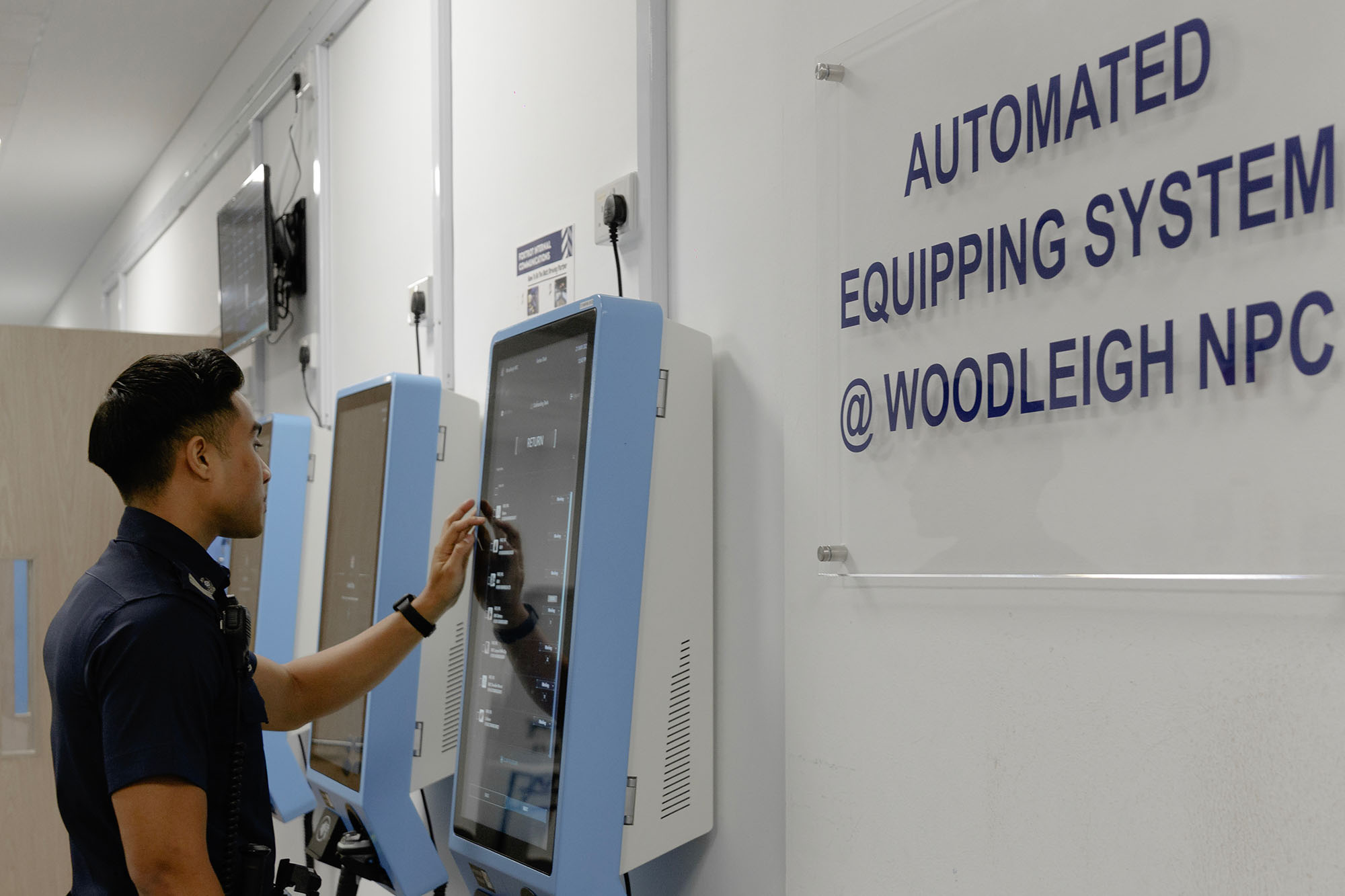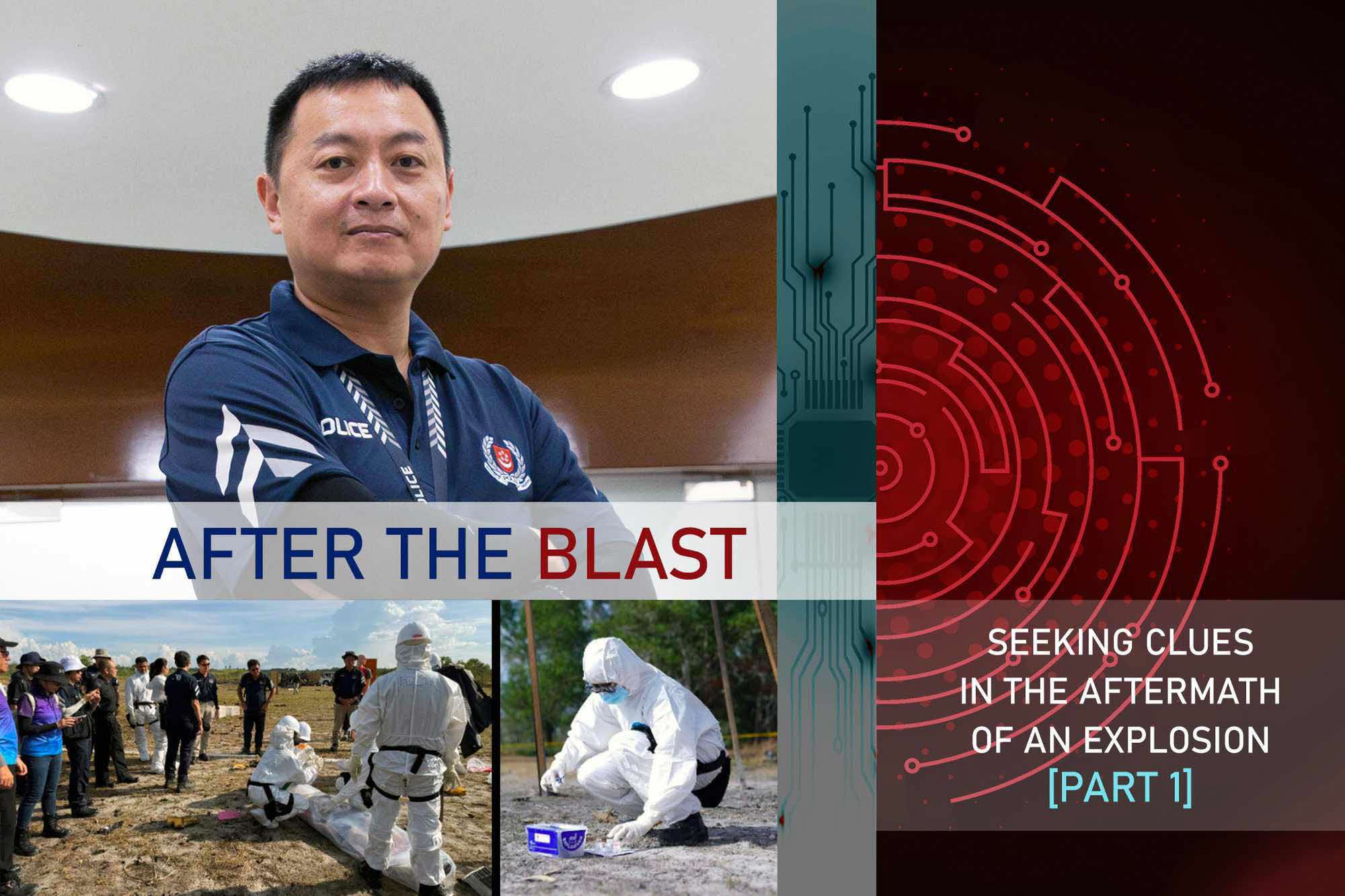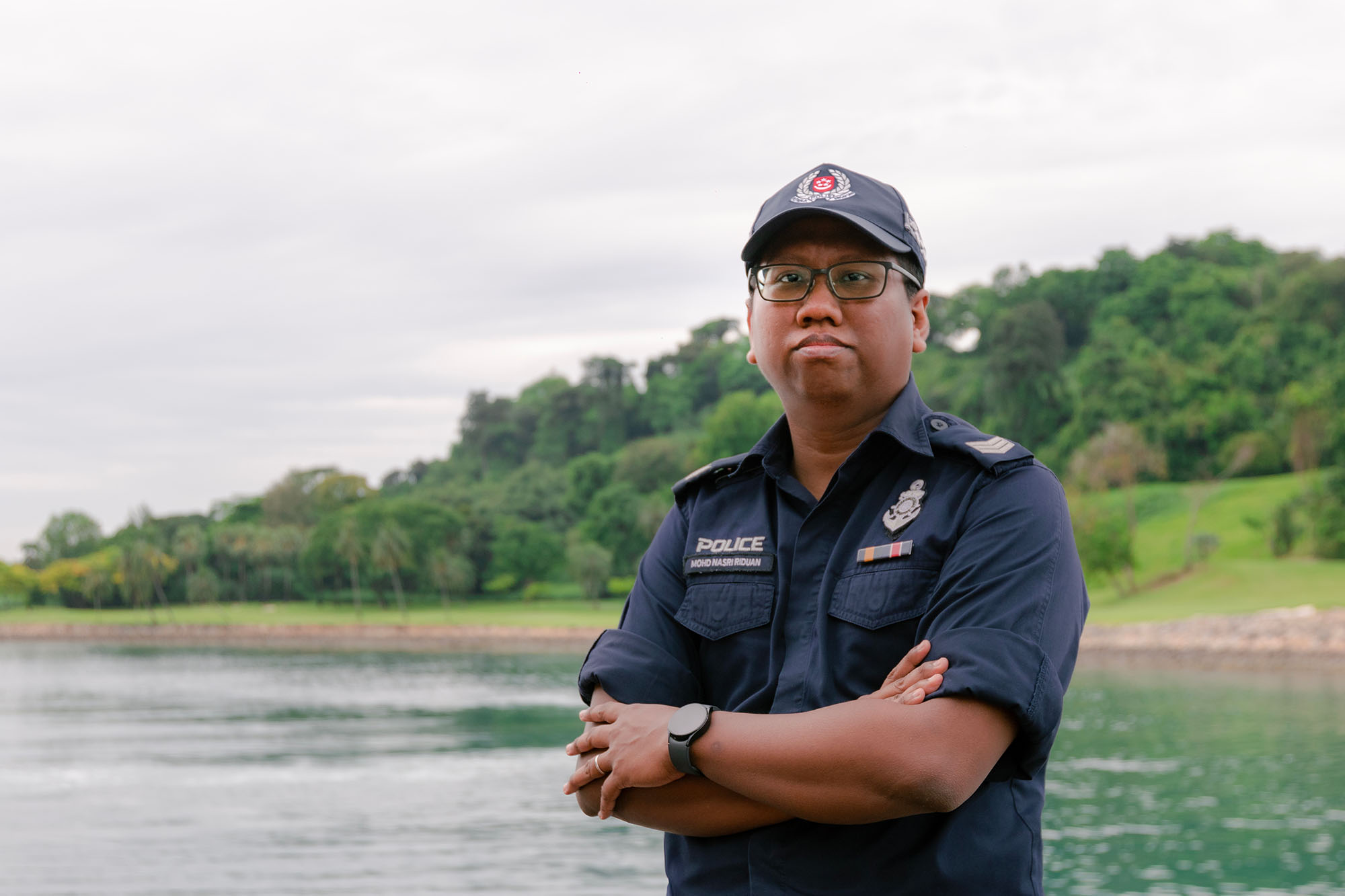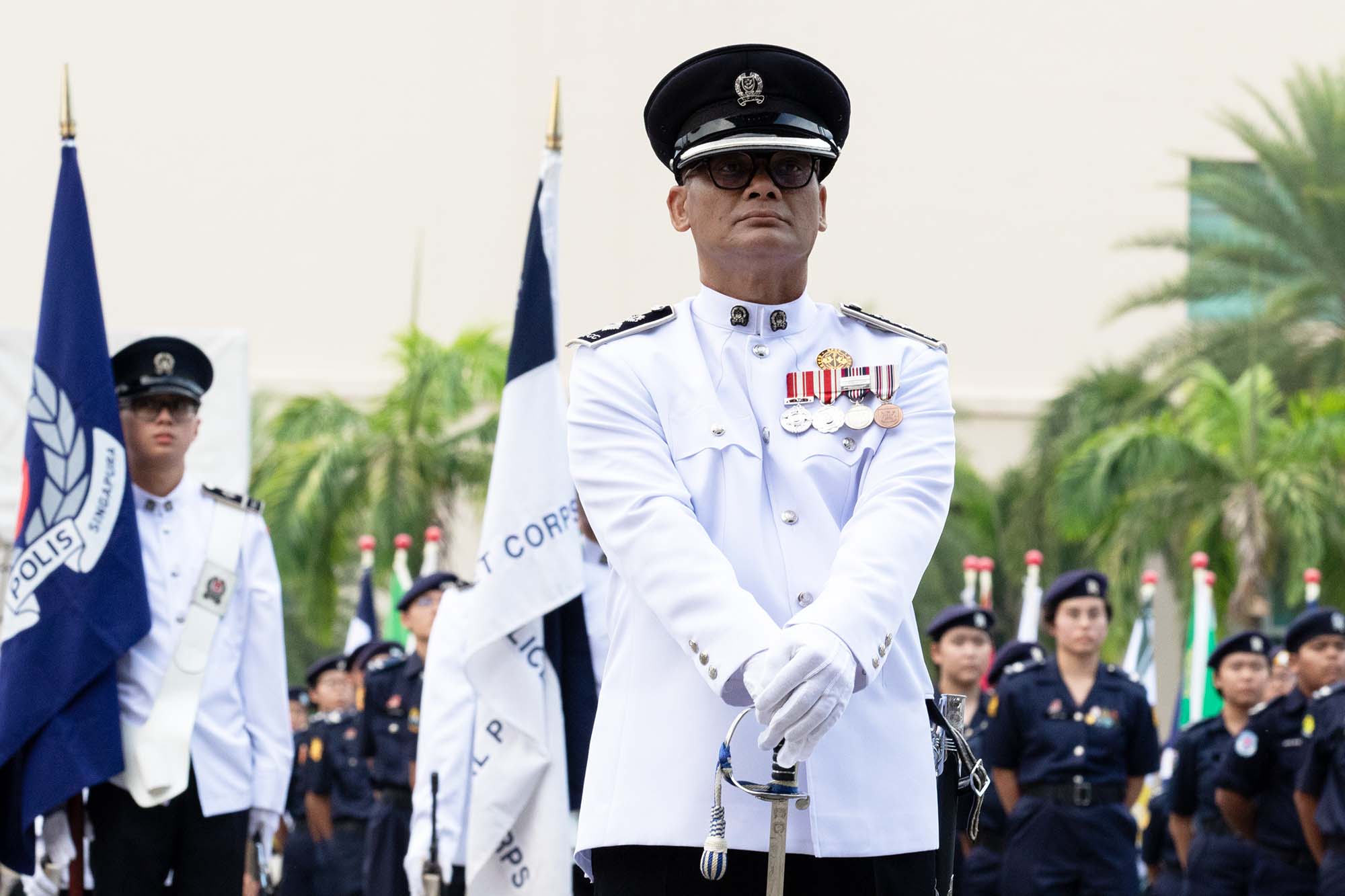When revolvers were scarce; arriving at the MacDonald House bombing; and giving the NPCC a winning start – key moments from the career of DAC (Ret) Eugene Wong.
By: Low Ee Ching and Christabelle Lim
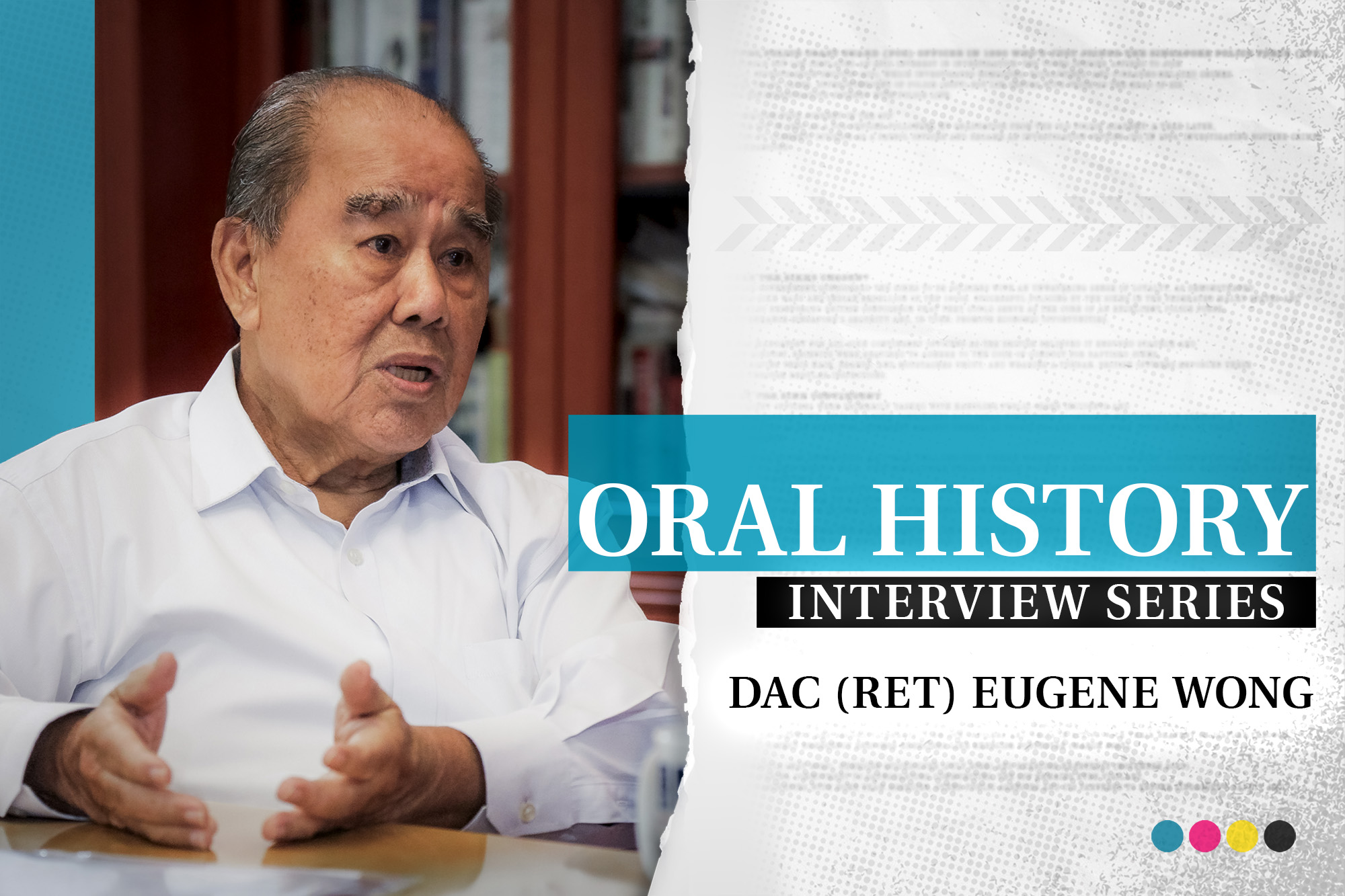
Deputy Assistant Commissioner of Police (DAC) (Retired) Eugene Wong served in the Singapore Police Force (SPF) for 35 years, from 1951 to 1987, and bore witness to Singapore’s law and order journey from post-war to Independence and beyond. He shares some of the key moments from his career.
As a Young Inspector in the 1950s
In the decade after the Second World War, the SPF faced a shortage of equipment and firearms. In 1952, fresh out of a three-month training course, Inspector (Insp) Eugene Wong was deployed to Kandang Kerbau Police Station in Joo Chiat to beef up the Force’s response to communist incidents. A lack of equipment did little to dampen their passion to serve:
“We were asked to take our firearms and go out to patrol, but the Sergeant said that we ran out of revolvers. So he gave me a rifle instead!”
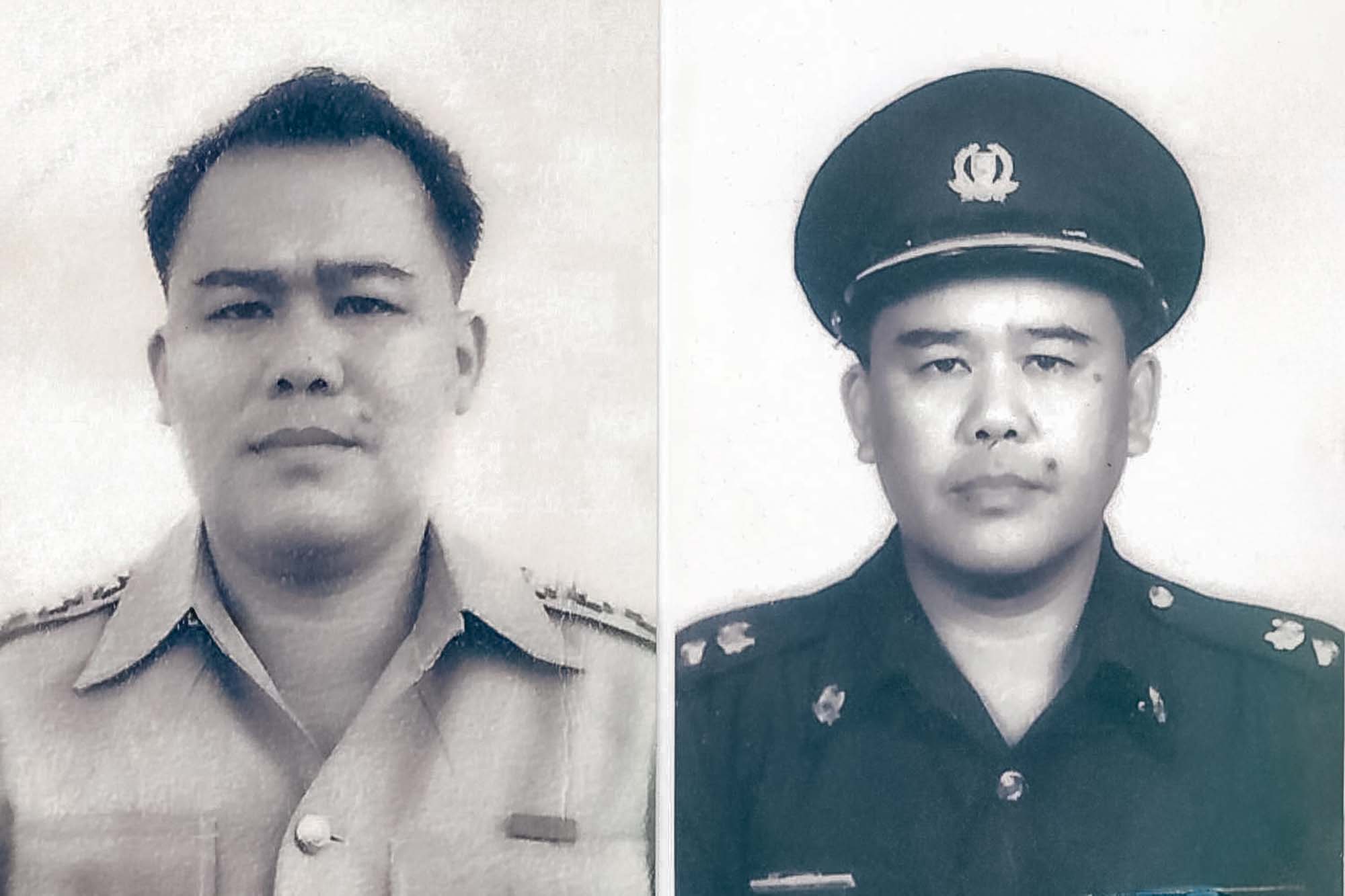
After serving in Kandang Kerbau, Insp Wong was posted to Paya Lebar Police Station as an Investigation Officer (IO). Paya Lebar was a small, single-storey station that was occupied by three IOs and three uniformed officers. He recalls of those days:
“There was insufficient room to sit with the radio operators, unlike now, where all the officers have separate rooms. There were no vehicles, just a big Black Maria and two Jeeps that came from the military. The radio also probably came from the military.”
Despite these challenges, Insp Wong and his fellow officers remained ever resourceful and determined. There were no extra patrol cars for the IOs, so he bought a motorcycle with his own money (paid for in installments) to carry out his routine duties. In fact, his spirits couldn’t be higher:
“We took it, we didn’t mind. It never occurred to me to be frustrated or angry. I just took it as part of the job and I liked doing it.”
There were lighter moments too. As an IO, Insp Wong had to take statements, but there weren’t enough typewriters.
“I bought a Corona typewriter – the small kind. Typing work was a horrendous thing. The witness would suddenly change his statement as you typed, and you had to roll back the paper to rub it off; by the time you roll it back, it would have gone out of alignment!”
The Konfrontasi (1963–1966)
In the midst of the Konfrontasi, Insp Wong attended to one of the landmark incidents of those difficult days – the MacDonald House bombing on 10 March 1965. Responding to the incident, he realised that he was the first officer from Central Division at MacDonald House, after the radio cars.
Assessing the scene, he realised there was a risk of another explosion. So he quickly combed through the building to ensure the safety of the remaining occupants. He recalls what drove him that day – instinct:
“We should also have this. Not initiative. This instinct. Like it came to me; there might be another bomb. So, as Police officers, we should not only deal with the incident, we should also think about what’s the side effect on the population and take charge.”
Strengthening the Force
From the late 1960s to the 1970s, DAC (Ret) Wong played a key role in strengthening the Force, improving training processes and recruitment in his capacity as Head of Doctrine and later as Director of the Police Academy, where he witnessed the graduation of the first batch of Full-time Police National Service officers from training.
DAC (Ret) Wong also made significant contributions to the expansion of the National Police Cadet Corps (NPCC). Back then, only two schools, Bartley Secondary School and Serangoon Secondary School, had NPCC. To expand the NPCC to all secondary schools, DAC (Ret) Wong trained over 100 teachers, who then inspired thousands of youths to enrol as NPCC cadets:
“Within a year, we had 1,000 cadets, and within three years, we had 3,000. So suddenly we had something like 112 schools, and established NPCC as an independent unit, under an NPCC Commander.”
In the late 1970s, DAC (Ret) Wong was posted to the Inspectorate, where he was instrumental in setting up the Central Welfare Fund, which provided welfare benefits and insurance coverage to officers in the Force.
Proud to Serve
In the early 1980s, DAC (Ret) Wong was also actively involved in restructuring the badges for Police ranks as part of his post in Research and Planning. It was also during this period that DAC (Ret) Wong steered discussions about expanding the community policing concept, which culminated with the Force’s foray into the Neighbourhood Police Post system in 1983.
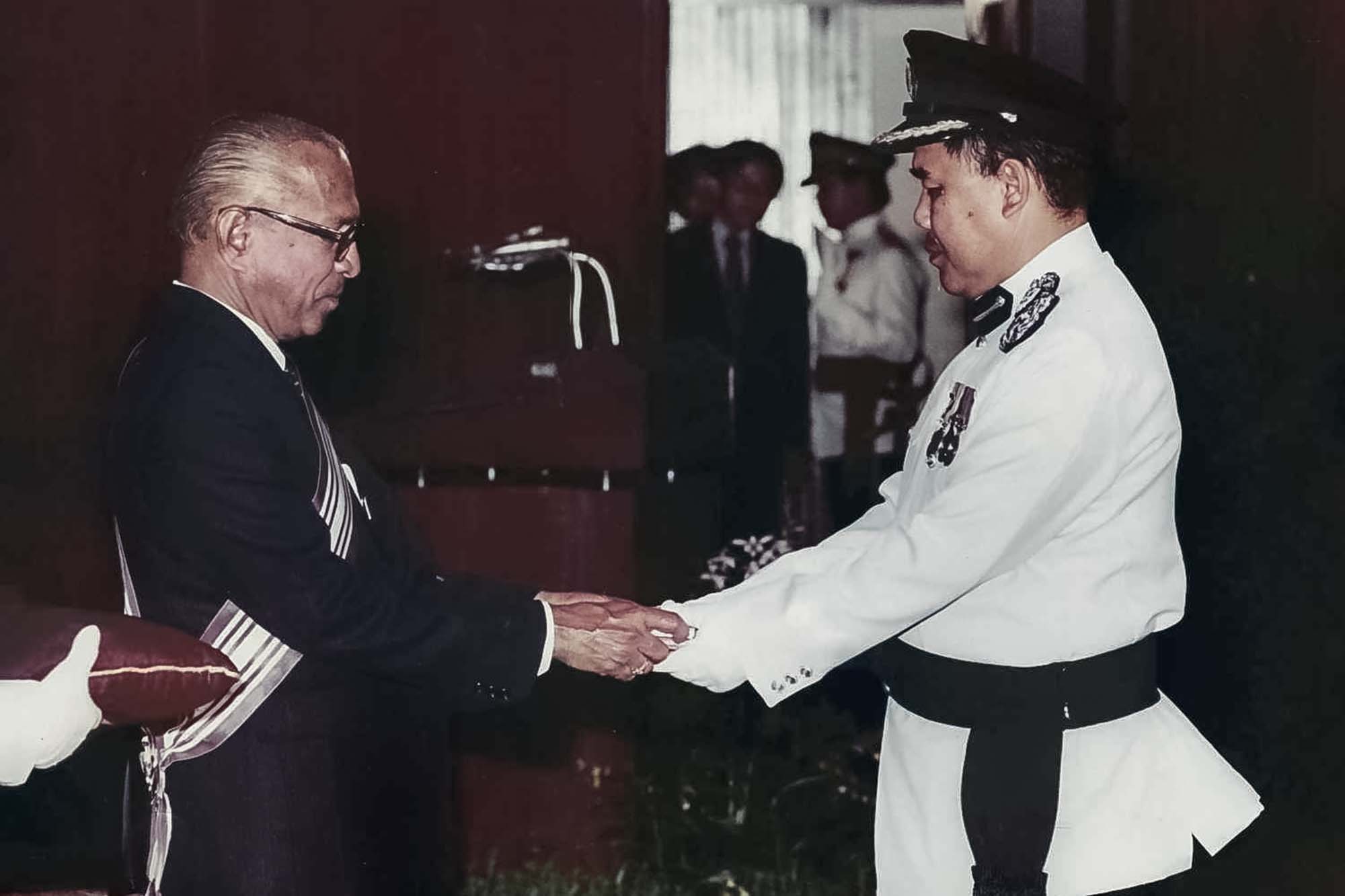
That year, with the advent of Total Defence, DAC (Ret) Wong was seconded to the newly amalgamated Singapore Civil Defence Force (SCDF). He retired holding the rank of Commissioner SCDF on 5 October 1987. Looking back over his career, DAC (Ret) Wong is grateful for having been able to do his part as an officer:
“Until today, the Police was the best thing that happened to me.”
Oral History Interview Series
Our officers have incredibly interesting careers, and for the past decade, our team has been meeting retired officers of all ranks to uncover their stories and learn from them. Through these sessions, we built a rapport and deeper respect for the men and women who overcame challenges to keep Singapore safe. We hope this series will inspire officers in their service and carry on the legacy of those who have gone before them. – Metta Yang, Head, Heritage and Social Responsibility Branch, Public Affairs Department



